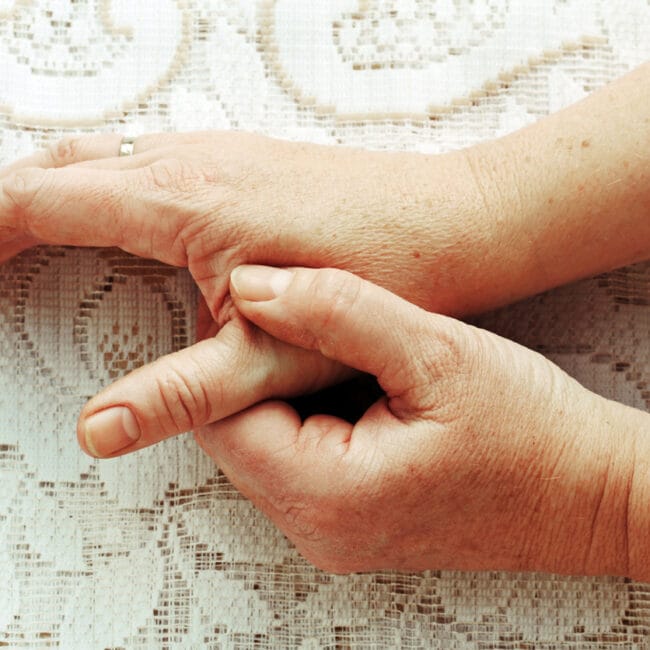Why is sleep important?
No one is really sure why sleep is so important, except that it is! We know that during sleep, daily events and experiences are established in the memory areas of the brain, and the optimal regulation of physical, cognitive, neurological and emotional processes are promoted. The best way of appreciating the importance of sleep is to understand the impact of sleep deprivation on our physical and emotional functioning.
Children’s sleep requirements change with age, with younger children (under the age of 5 years) needing significantly more sleep than older children. In order to determine if your child is getting sufficient sleep of a good quality each night, ask yourself this:
Is your child well rested during the day?
Very young children (less than 5 years of age) are more likely to experience sleep difficulties compared to older children. As children develop the incidence of night-time waking decreases (that over 50% of 1-2 year olds to about 25% of 2-3 year olds experiencing night-time waking). The most common sleep difficulties that young children experience are settling to sleep and waking during the night.
An important chemical in the regulation of sleep is called melatonin. Disturbed sleep can result from a lack of melatonin. Therefore in order to promote melatonin production, children need to be exposed to natural light during the day. The Pineal Gland regulates sleep through the production of Melatonin.
How does poor sleep effect young children?
When a child does not get enough sleep, it has a negative effect on his/her physical, emotional, behavioural and cognitive processes. For example, if your child is not getting enough sleep, it affects their learning, memory, attention, creativity, and reasoning abilities. This means that they are less able to effectively learn new information and pay attention, and are more likely to experience increased irritability, impulsivity, hyperactivity and aggression.
Sleep can also be significantly impacted among children with neurodevelopmental problems and these children may need more structured assessments regarding their sleep difficulties and related strategies to promote sufficient sleep.
Sleep deprivation of Parents/Caregivers
Unfortunately, when young children don’t sleep, their parents don’t sleep! We know from research that sleep deprivation in parents and caregivers impacts their ability to concentrate, attend to things, and remember things. Furthermore, sleep-deprived parents/caregivers can often experience feelings of helplessness, frustration, anxiety, anger, self-blame, and low mood as a result of sleepless nights. This sleep deprivation can also have a negative impact on intimate relationships and social life in general.
Tips for Promoting Good Sleep (Sleep Hygiene)
“Sleep hygiene” refers to behaviors that promote good sleep and involve activities and cues to prepare children for sleep and promote effective sleep. It is important that a child associates certain activities with bedtime and ultimately a good night’s sleep. Therefore, it helps to consider the following:
- Is there too much noise in the bedroom?
- Is the bedroom too hot/too cold?
- Is the bedroom too bright/too dark?
- Is there a regular routine regarding the times at which your child goes to bed and wakes up?
- Is there a regular routine at bedtime which gives your child time to wind down and prepare for sleep?
- Is your child getting enough exercise during the day?
- How long before bedtime is your child eating?
- Is your child getting sufficient nutrients before bedtime?
- Do activities prior to bedtime help relax/excite your child?
Setting up your Child for Success!
- Bedtime routines- sameness every night: 20-30 mins of calm activities leading to definite end-point, i.e. bed!
- Comfortable bed. Appropriate bedclothes.
- Correct bedroom temperature
- Darkened, quiet room (nightlight; black out blinds)
- Non stimulating (toys out of sight; remove stimulating mobiles/light sources)
- Avoid negative associations (e.g. bedroom not same place as ‘time out’)
- Avoid over-excitement near bedtime- boisterous play; mentally stimulating activities- computer games, television
- Avoid caffeine –rich drinks late in the day (cola, most chocolate drinks)
- Avoid late-night meals
If your child has sleep difficulties which are impacting on their daily functioning, the Psychologist can offer you support and strategies to promote sleep hygiene. You can Book an Appointment here.
Useful Online Resources:
https://www.end-your-sleep-deprivation.com/sleep-disorders-in-children.html
https://www.stanford.edu/~dement/children.html
https://www.canadiansleepsociety.com/brochures.html
https://www.aacap.org/cs/root/facts_for_families/childrens_sleep_problems
https://www.sleepfoundation.org/article/sleep-topics/children-and-sleep











